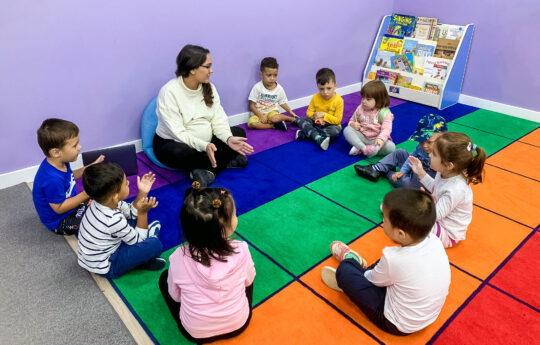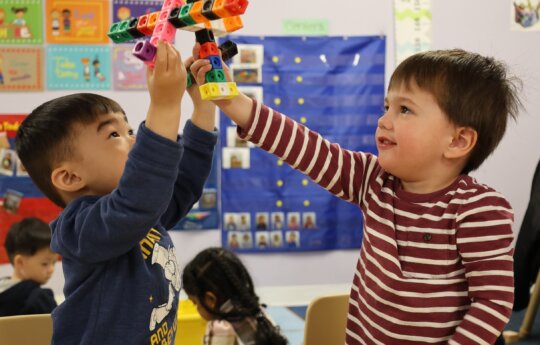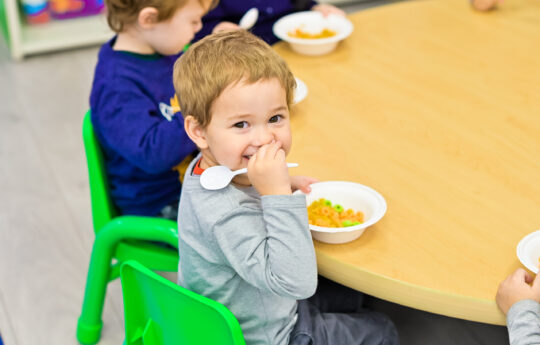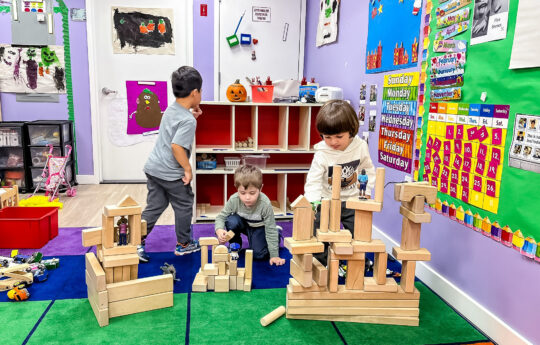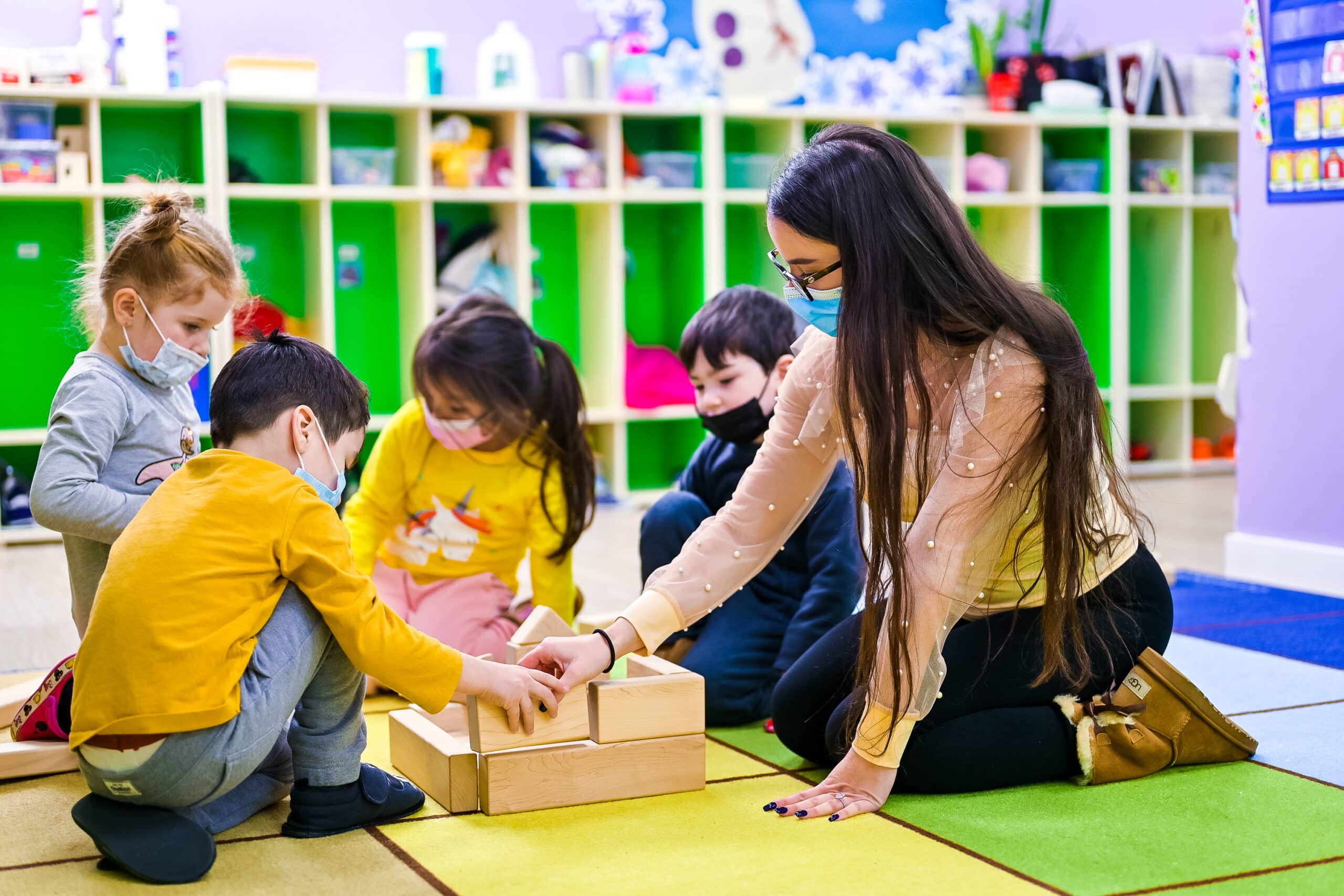
Every parent has high hopes their kids’ rooms are always warm and neat. But not all kids tidy up after themselves and follow adult commands. Parents should first create their household rules to be able to teach the child to order and subsequence their stuff. Your child’s age is irrelevant in this situation. Whether he is 3 or 10, he should already be aware of and understand for himself how and where to act.
Parents and preschool education must explain this to children. It should be highlighted that every rule and standard must be reasonable and clear to every child. Children frequently lack the motivation to carry out specific actions. As a result, it is important to remind them frequently, provide context, and underline the intended outcome.
What Is Temporal Ordering?
The definitions of order that parents and children typically hold are radically opposed. The mother enters the room and is surprised by the obvious mess, but the kid is confident that she did everything to restore order. Try to plan out a special strategy in order for your child to learn about order gradually and without any pressure.
The baby’s room can be divided into standard areas, and you can choose where to start and clean one sector every day. A lengthy task execution will be reduced to a series of phases using this strategy. Begin cleaning with the baby. Indicate the optimum location for the plastic fleet, and the placement of the soldiers. Afterward, let the child accomplish the task on his own.
The child will be fascinated by the process of arranging his toys and will undoubtedly like it. By doing this, the child will create his own rules for how things should be stored, begin to feel like the child’s room is his territory, and be content to follow those rules.
Teaching Our Children the Value of Order
Tell the youngster that cleaning contributes significantly to maintaining family order. It makes no sense to ask your child to clean up the room if you aren’t going to help him. A personal example is the cornerstone of teaching. If mom doesn’t make the bed in the morning, dad’s dirty socks live their own lives, and everyone puts their dirty dishes in the sink at once. This serves as an illustration and a model of order for the child, and demanding otherwise would be unreasonable and unfair.
Parents reward their children when they complete tasks requiring adult judgment. They are really concerned with how competent they feel. Children will want to push themselves and try new things when they perform skills they are good at more frequently. Children gain a greater sense of responsibility and self-worth in this way.
Parents must be understanding and patient. Avoid sayings like: “Here, mom and dad do everything themselves, it’s hard for us, we’re exhausted, or we need your aid” when speaking to the child. The child will consequently grow to feel guilty and angry. “Could you aid me? Without your help I wouldn’t be able to manage,” would be a better and more impactful response. A child’s own significance and necessity will develop as a result.
Why is Sequencing Important for Preschoolers?
Children develop their independence and sense of responsibility when parents give them domestic duties to complete and teach the importance of sequencing. They also enhance the motor abilities, creativity, and movement coordination necessary for normal physical and psychological growth.
The time of maintaining order and planning for a child is crucial for preschoolers so that nothing interferes with their study or makes it difficult for them to focus. Systematization and division of space–arrange the furniture in the child’s room so that everything has a place. The goal is to ensure books are kept in bookcases, toys are kept in toy chests, clothes are kept in closets, and school supplies are kept in a specific location.
How Do You Explain Sequencing to Preschoolers?
Teach the kid to recognize order and chaos in his room. Mess is completely abstract to a two- or three-year-old baby. As a result, while playing a typical game, demonstrate to the child how to carefully arrange the books on the bookshelf (by height or by color), explaining that doing so will prevent them from being torn or damaged. Try to compile a list of outdated or broken toys from time to time. You will be able to fill in the gaps and gain space for new things as a result of doing this.
Children frequently lack the motivation to carry out specific actions. As a result, it is important to remind them frequently, provide context, teach the child to order and underline the intended outcome of subsequence. Simply stating “cleaning is necessary” is insufficient. It is important to clarify why cleaning is done. You may remark, for instance, “If something has its own location, finding it is a lot simpler. You always know where things are, so taking what you need is simple. When the space is tidy, it is extremely lovely.” So, if the kid understands the importance of order, he’ll be more motivated to do it.
Set a Good Example and Give Meaning to Order and Organization
Before lecturing about an untidy room once more, it is important to explain to the child why subsequence is even necessary. Set an example. Young children are superb observers. They mimic their parents in all aspects of their lives, including both their strengths and their weaknesses. Don’t anticipate your child to be any different if you frequently discover papers, books, or dirty clothes strewn about the room. However, if you keep your home tidy and your kid observes you cleaning frequently, he will learn that cleaning is a normal and important activity. Sometimes it will work on the first try, but other times you’ll have to cheat. Everything depends on the child, his character and love of order.
It is important that the child views cleaning as enjoyable time spent with parents rather than a tedious chore. Play music, tell jokes, play games, or organize competitions among the family members while you clean. Cleaning will be greatly aided by the desire to win the game.
Order is mostly done to improve comfort–the ability to find what you’re looking for fast. An organized space reflects an organized mind. Parents should become accustomed to this thesis, as should their kids.

